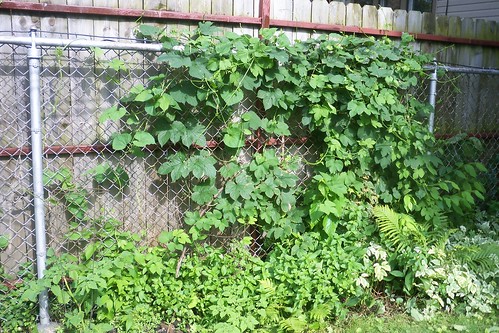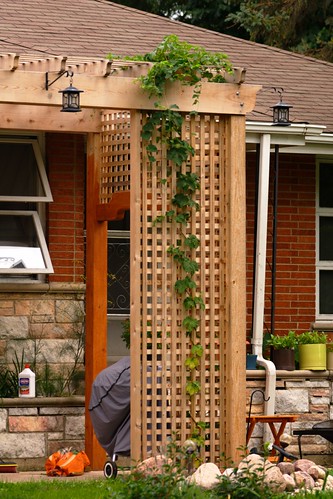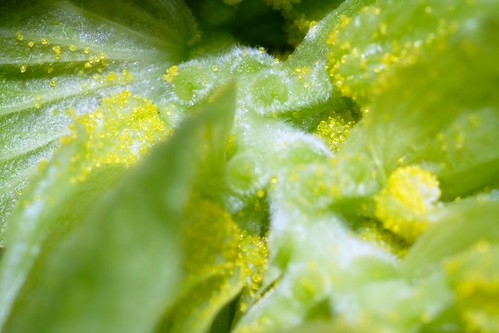TheBreweryUnderground
Well-Known Member
So this year I'm stealing some space at a friends farm to try hop growing. I was wondering if people had any suggestions for growing in Northern Illinois and what things to look out for. I'm probably going plant 4-5 different varieties to see what works out and to hopefully have more hop options. I'm thinking cascade, willamette, columbus, saaz, and hallertau unless these varieties are particularly terrible in my area. It should be a good spot on top of a hill (if such a thing exists in Illinois) where it will drain well. If anyone on here has experience growing in the area I'd love to hear from you.





